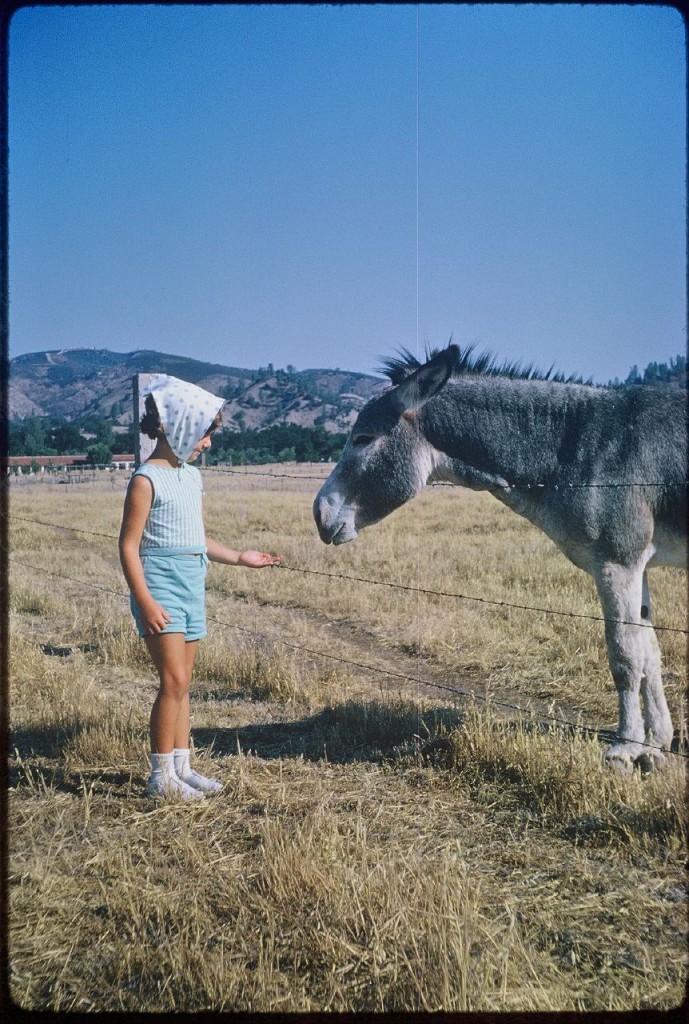From the Draft Blog Post Archives: Well, this is interesting from 2013. I think instead of helping us sense ourselves, it helps us blind ourselves to others different from us. This one has NOT aged well!
It’s like proprioception, your body’s ability to know where your limbs are. That subliminal sense of orientation is crucial for coordination: It keeps you from accidentally bumping into objects, and it makes possible amazing feats of balance and dexterity.
Twitter and other constant-contact media create social proprioception. They give a group of people a sense of itself, making possible weird, fascinating feats of coordination.
via Clive Thompson on How Twitter Creates a Social Sixth Sense.

I’m enjoying your series, that must be quite the collection of drafts you have.
I remember Clive Thompson’s piece well as it came out and rang true for my first heady 6 months of “twittering” (as I called it then).
But I can’t say (a) whether it’s universally true or not as everything I can draw upon are my own experiences but also (b) whether we can ascribe the effect to twitter itself or how we behave and act in that space.
I did not interpret it as we sense ourselves but what we detect from others. The point being we can be aware of what others are doing without a direct tell. And also he writes it’s as “twitter and other constant-contact media”. Even glancing at your random picture signals something about where you grew up that is not said directly.
It’s certainly a different space than it was in 2007 but also because there are many more and also very different kinds of people there than those geeky enough to start in 2007 (or earlier like you).
But I still experience some of the same things now, that I can sense what others are doing and thinking and many are people (or bots) I do not know.
I can’t say I agree or disagree with your assertion across the board. But I will not give twitter the platform a full controlling influence, much is what I do or don’t do there.
Nothing like a good old blogversation (maybe just nostalgic for there, but I remember social proprioception like experiences reading public conversations in blog comments).
Bye!
I think it may play out different depending on how one takes in twitter messages. In general you’re right. On the other hand if I think of the twitter lists I keep of actual groups, searches for highly specific topics, and a few individuals as columns in Tweetdeck it does provide a general sense of my social environment. Tweetdeck columns provide tweets in a non-manipulated timeline. For years I had a tool running that would follow a few # for me and show me activity, materials linked to etc (the API has since become less accessible). That also gave a good sense of what was going on.
Of course that’s not a group being aware of itself, but me being aware of what’s going on in specific groups/places, but it does provide that extension of limbs feeling.
My grandfather would daily walk through his garden and vegetable garden, he called this inspection his ‘walk over his fields’. If you went along, it was also a good opportunity to talk next to commenting how well the potatoes or strawberries were coming along. I find myself doing that each day digitally, visiting the tweetdeck columns, my feed reader (which I also organise by social distance, and only contains individual/small group voices, no media outlets), and I call it my ‘walk over the fields’ to myself as well. Checking the pulse of the groups I’m part of or feel connected with. Twitter in general is awful to me, but I never go there essentially.
Alan and Ton, first thanks for the nuance you add. Yes, I was over generalizing. Ton, I wonder how many people use Twitter w/ nuance as you do? Or Instagram? or any platform that has grown large. Second, I wonder how many people use what they sense from these networks with any degree of reflection? I know I used to reflect more when there was, um, less to reflect upon. As I sought patterns, my seeking tended to stay at higher levels where generalizations were less than useful. Easier to say “I’ll look/think/write about that later.” The loss of urgency that comes with sufficient context and breadcrumbs to detail and nuance.
The observation of treating what we “consume” in social media like your Grandfather, Ton, did with his daily gardening was wonderful to stop and consider. To look at the nuance. To compare to my own garden wanderings (Obsessive!)> Alan, I think about your Instagram reflections on the land you are now stewarding up North in the Canadian prairies as such a practice. Or prayers of sort, with nature.
Bah, so what does that have to do with Twitter? I think it has more to do with the collective nostalgia the three of us have of early blogging. I still struggle how to reconcile depth and breadth in a way that is not a pointless waste of scrolling on a phone.